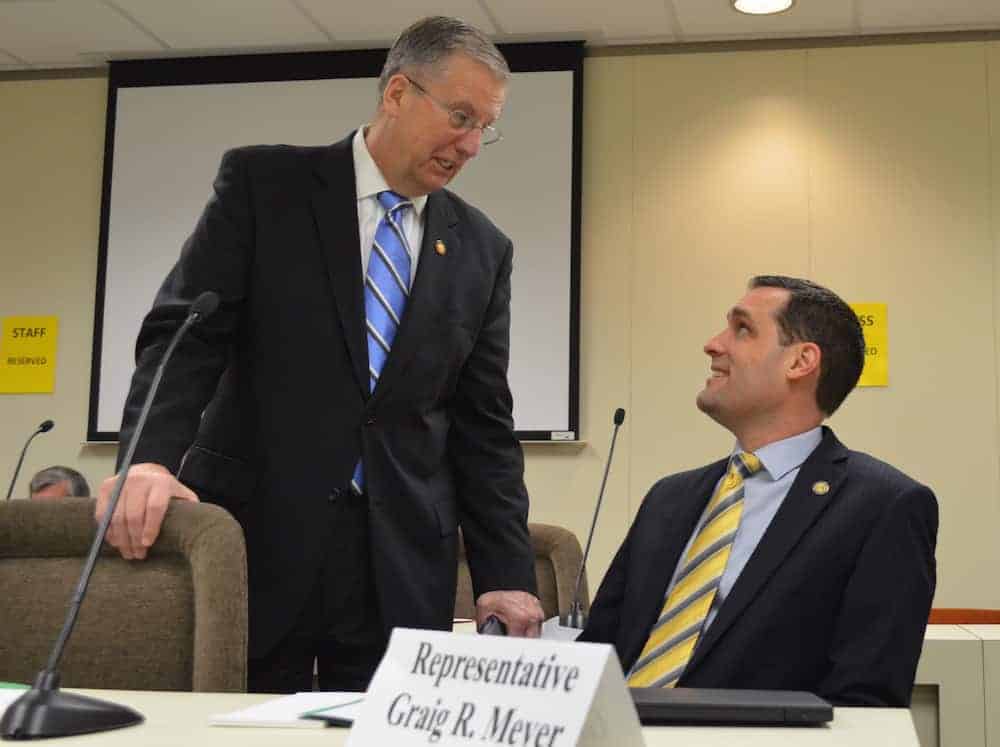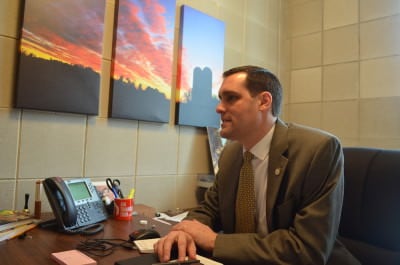

The North Carolina Supreme Court’s divided (4-3) decision to uphold the General Assembly’s school voucher program reflects a divide that also exists in public opinion and even within my party.
One of my Democratic colleagues in the House made the argument to me that after the court’s decision it is time to get behind the current voucher program as long as it is limited to serving poor kids. Other colleagues offered a reminder that in the past we struck a similar compromise limiting the number of charter schools, but once the charter cap was lifted it severely hurt our public school system. Indeed, Republicans have already signaled their intent to expand voucher availability beyond poor students, which could further erode support for public schools.
Among my Democratic colleagues, there is broad agreement there are many problems with the current voucher program. There’s little to no accountability for the schools where vouchers are spent. The majority of voucher schools are unaccredited. Many use a curriculum that teaches that dinosaurs lived beside humans and that slaves were treated well. Some are home schools that were never before eligible to receive taxpayer funds. None of them have to participate in any type of testing or assessment that will tell us whether the voucher program is actually leading to better educational outcomes than the public schools.
Still, the fundamental question is should we support vouchers to help kids? Democrats are usually the champions of efforts to help poor children. We believe in giving governmental support and opportunities to those who want to climb out of poverty. Given Democrats’ limited ability to enact our own legislative agenda to strengthen public schools, should we get behind a program that offers the poorest students a chance to escape persistently failing schools? What else can we offer these children? It’s hard to justify telling children and families to wait until we have the chance to fix things.
Are we sacrificing kids because we’re too loyal to the public education system?
A parent activist recently asked me some difficult questions. “Who needs protection?,” she asked. “An adult teacher with a bachelor’s degree or a child who can’t read?”
I have noticed in committee meetings at the legislature that teachers are frequently the subjects of our conversations, but whole meetings can go by without a single use of the word “students.”
Systems, schools, leaders, teachers … they all get more attention than the kids themselves. Unfortunately, that attention is often negative, including some statements that cast teachers as the problem and not part of the solution.
My wife is one of those teachers, and she would argue that it is our front line public school teachers who are the ones protecting poor kids. Recently, one of her former students came to our house for dinner. Ten years ago, he was in Jen’s fifth grade class when his family became homeless. Jen brought him home for a few days until things settled down. He is soon to leave town with a full scholarship to the University of Maryland Eastern Shore. He told Jen that the last time he sat at a table for a family dinner was when he stayed at our house, and he wanted to do that one more time before he left for college. Jen will tell you that any of her teacher colleagues would have done exactly the same thing.
My wife’s school in Durham is not a high achieving school. I would guess that many voucher advocates would use the school’s performance as an illustration of why poor kids need opportunities to use vouchers. But the school is also an example of how the school choice movement hurts public schools. The expansion of charter schools over the last decade has lead many white and middle class families from the surrounding neighborhoods to pull their kids out of the school. Expansion of the voucher program could leave an even greater conglomeration of those families who simply don’t have it together enough to find a way out. That becomes a really difficult group of students to educate.
Considering the complexity of all of these arguments, I try to base my perspective on what’s best for children.
With the voucher program now being settled law, I can support parents who use a voucher to help find a better educational opportunity for their child.
I will push for some changes to the voucher law because I believe those students would be better served if we put in place accountability measures for voucher funded schools and a mechanism to track the academic success of voucher recipients.
Because vouchers may exacerbate segregation and concentrations of poverty, we need solutions beyond vouchers for our ongoing dilemma of how to provide public schools where every child can succeed. Those policies must value the teachers and schools who support the most vulnerable students.
The best public policies bind us together into strong families, strong schools, and strong communities.
The voucher law and every educational law should be held to that standard.


